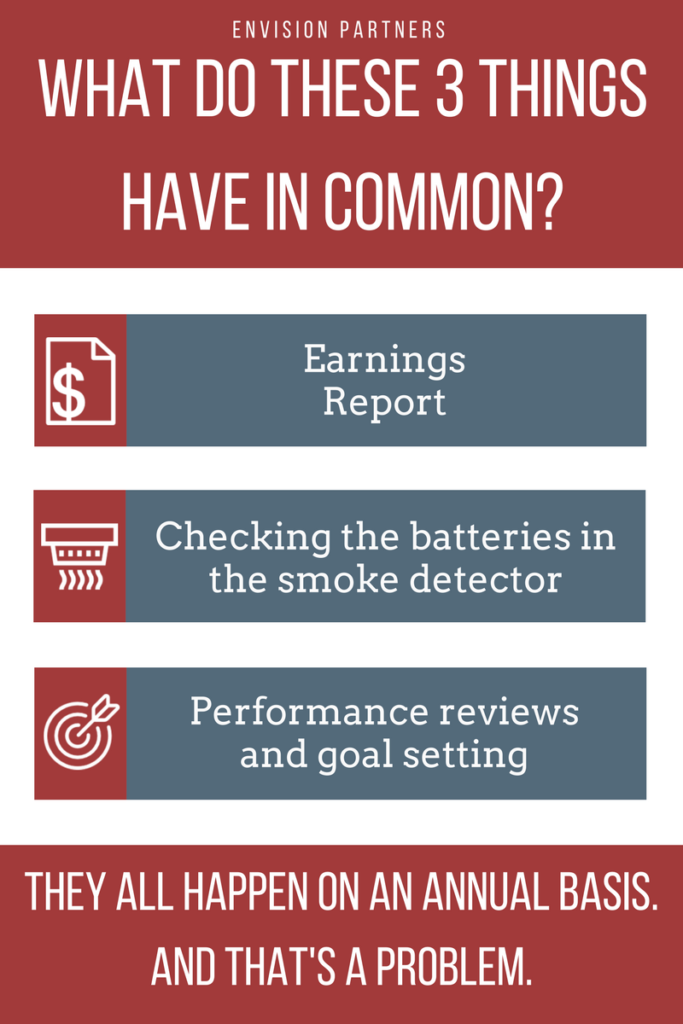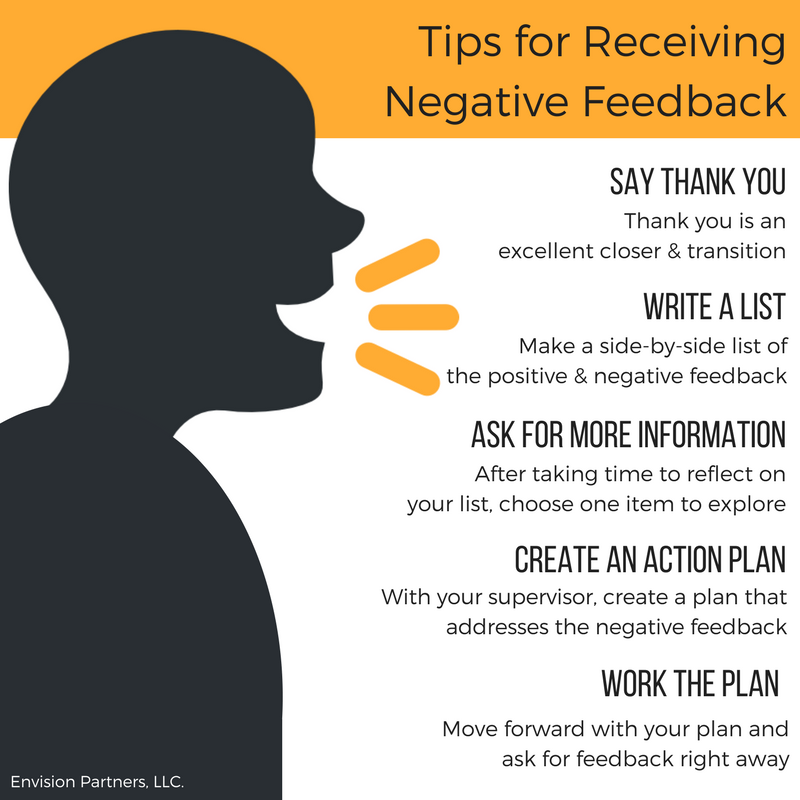Kids These Days
I don’t think I learned about it in Junior High, and if I ever did, I don’t remember. Helping us to write a letter to the editor this weekend, my youngest daughter pulled out a little philosophy to teach her parents about making a persuasive argument. Her words from Aristotle clearly define the properties of influential communication that all leaders need to follow. Ethos, Pathos, Logos.
Ethos in modern terms is the leader’s credibility. Credibility is based on three factors: Competence, good intention and empathy. Ethos is usually described as being achieved during the presentation through verbal and non-verbal gestures. This might apply if the speaker is a total stranger (writer, guest speaker or actor). However, for a leader, the audience is bringing in lots of information about you already. Therefore, credibility is achieved (or lost) before you start speaking. You will not overcome that judgement by dressing up or suddenly choosing sympathetic words in this one moment. Persuasion begins long before you need it.
In the case of pathos, the leader must know and be sensitive to the value and belief systems of the team. What is important to them? What is their emotional state about the situation? What does this change, for example, threaten? We often refer to this as empathy–the ability to relate to someone else’s situation. Importantly, feelings affect judgement. Which means that pathos comes before logic—emotion before logic. Too often we start with the logical argument and have not prepared the mind to receive it.
The logical argument is the last and least important aspect. Given a belief in your competence and intention, and your careful attention to my emotional state, I am ready to follow you. Your logical statements need only tell me how and where to get started.













